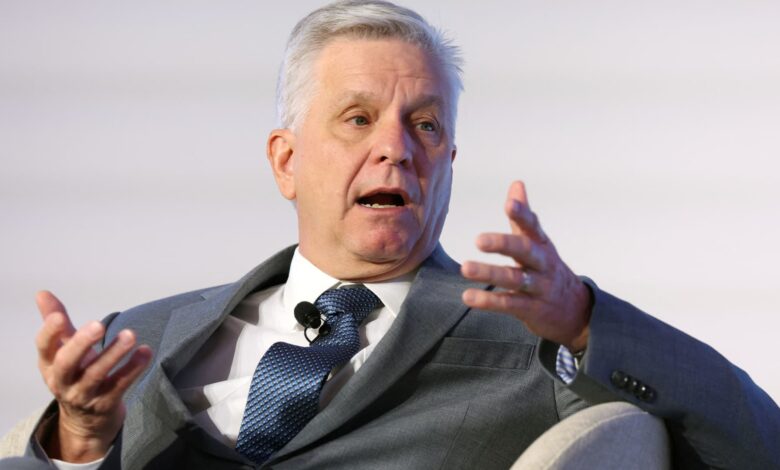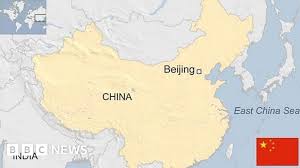Fed Governor Waller sees tariff inflation as ‘transitory’ in ‘tush push’ comparison

Federal Reserve Governor Christopher Waller recently discussed the potential impact of President Donald Trump’s tariffs on prices, stating that he believes any effects will be “transitory.” Waller made these remarks during a policy speech in St. Louis, drawing comparisons to the controversial “tush push” football play.
Waller outlined two scenarios for the tariffs, predicting that larger and longer-lasting tariffs could lead to an initial inflation spike of 4% to 5%, which would eventually subside as growth slowed and unemployment increased. In contrast, smaller tariffs would result in inflation peaking around 3% before decreasing.
Regardless of the scenario, Waller indicated that the Fed would likely cut interest rates, with the timing dependent on the size of the tariffs. Larger tariffs might prompt a rate cut to support economic growth, while smaller duties could lead to a “good news” rate cut later in the year.
Despite acknowledging the skepticism surrounding the term “transitory” due to the prolonged inflation experienced in 2021 and 2022, Waller emphasized his belief that any inflation resulting from the tariffs would be temporary. He referenced the challenges faced by the Fed during the previous inflation spike, which persisted longer than anticipated.
Waller used a football analogy to illustrate his perspective on “transitory” inflation, likening it to a failed play that should not deter future attempts. He also speculated on Trump’s objectives with the tariffs, suggesting that they could either drastically impact the economy or serve as negotiation tactics.
In light of the uncertain economic landscape influenced by the tariffs, Waller emphasized the importance of flexibility in forecasting and policymaking. Fed officials will need to adapt their strategies to navigate the potential outcomes of the tariffs.
The discussion surrounding the impact of tariffs on inflation underscores the complexities of economic policy in a volatile global environment. As policymakers grapple with uncertainty, the ability to remain agile and responsive will be crucial in guiding the economy through potential challenges.





